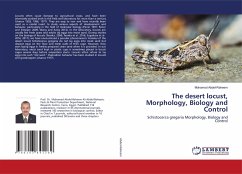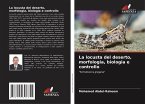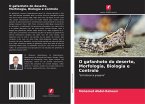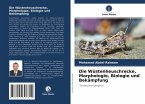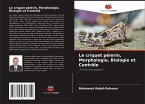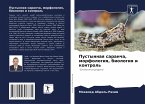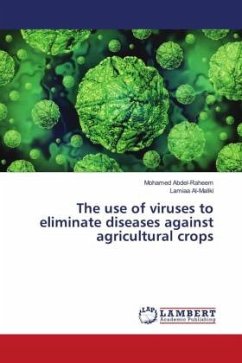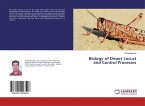Locusts often cause damage to agricultural crops, and have been intensively studied both in the field and laboratory for more than a century (Uvarov 1928, 1966, 1977). They are easy to rear and have recently been used as a model insect to study various aspects of development and behavior, particularly in the field of molecular biology (Pener 1991; Pener and Simpson 2009; Wang and Kang 2014). In the laboratory, locusts are usually fed fresh grass and adults lay eggs into moist sand. During studies on the biology of locusts (Tanaka, 2006; Tanaka et al. 2016; Sugahara et al. 2016, 2017), we have encountered a peculiar phenomenon: Females of the desert locust Schistocerca gregaria do not lay eggs into moist sand but deposit eggs on the floor and mesh walls of their cage. However, they start laying eggs in freshly prepared clean sand when it is provided. In our laboratory, moist sand kept in plastic cups is sometimes placed in locust cages several days before oviposition starts. Locusts often refuse to lay eggs into such "old sand." Oviposition behavior has been studied in locusts and grasshoppers (Uvarov 1977).
Bitte wählen Sie Ihr Anliegen aus.
Rechnungen
Retourenschein anfordern
Bestellstatus
Storno

